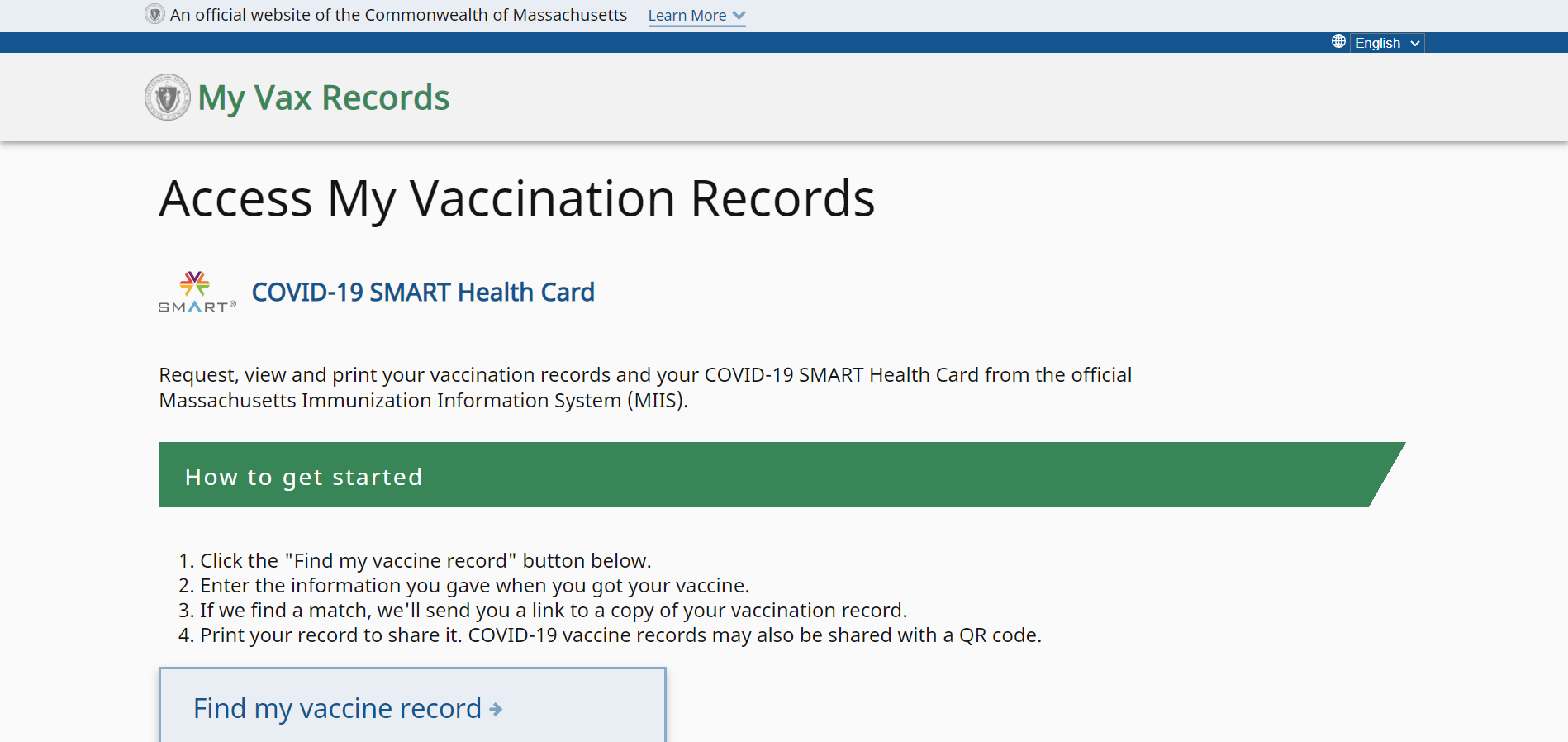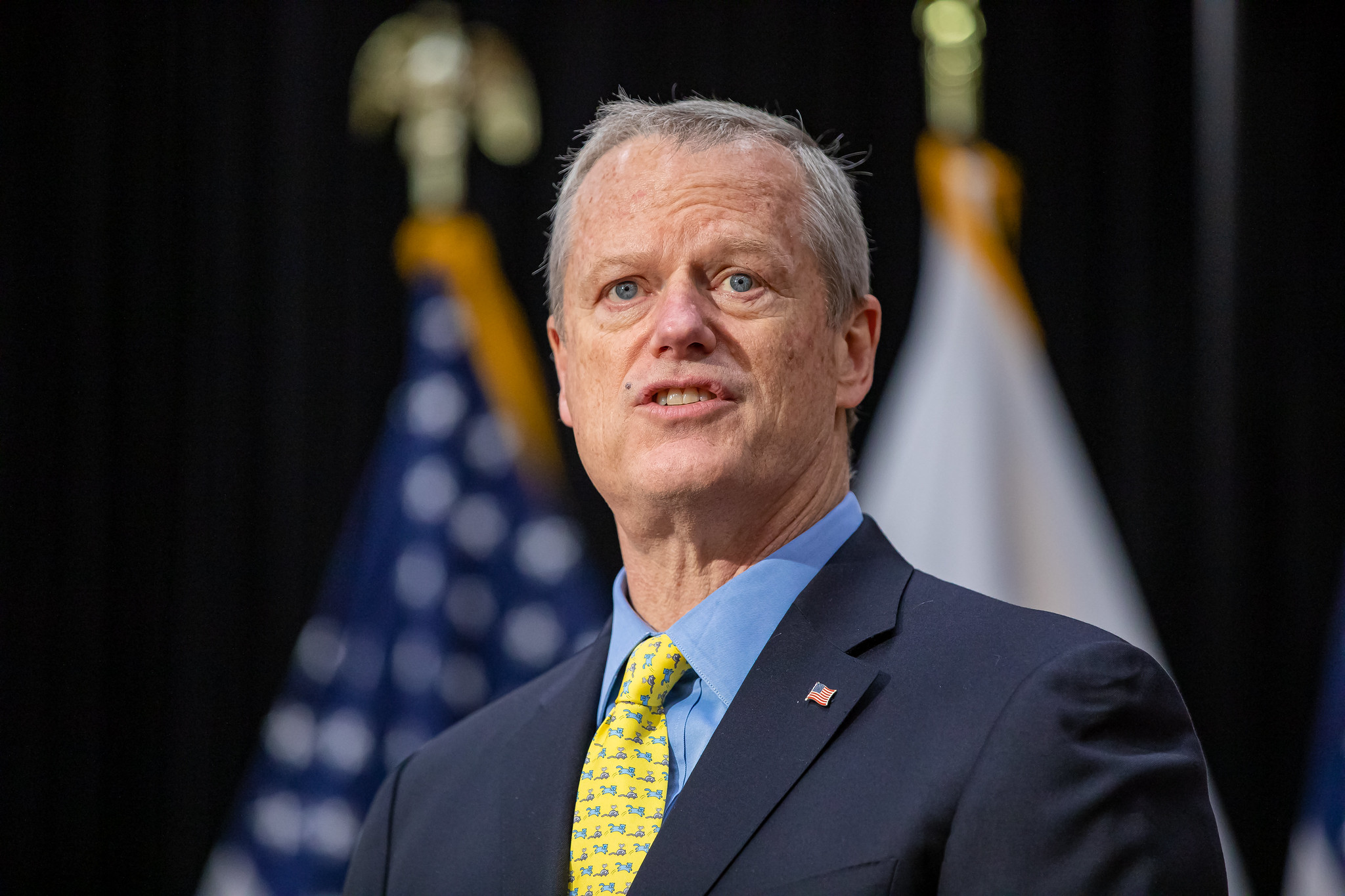Gov. Charlie Baker defended his administration's recent COVID-19 response, including his resistance to allowing schools to return to virtual learning, during a hearing before Massachusetts lawmakers Tuesday.
The Republican said school classrooms are the best place for students even as cases of the disease have shot up statewide, driven by the super-contagious omicron variant, emphasizing that the majority of adults in schools are fully vaccinated.
He also said rapid tests are a better tool for deciding when people can return to the workplace or the classroom, acknowledged hurdles to convincing parents their kids should get the vaccine, and repeated his aversion to a general mask mandate. Masks are currently required in schools.
"Every respected public health voice in America says that schools for the most part are low transmission operations — that school is not only safe, especially for kids, it's healthy," Baker said, adding that students need to be in school "not just for the learning that comes from being in school but the socialization that comes from it as well."
Baker said pool testing for COVID-19 in schools conducted after the winter break shows the positivity rate has gone down each day. He asserted this shows there's more transmission going on outside of schools than in classrooms.
In pooled testing, samples from multiple people are tested together. If the pool tests negative, all the individuals in the pool are negative. If the pool tests positive, individual samples are retested to see which person tested positive.
Baker has come under fire from critics, including the state's largest teacher's union, for his handling of the latest surge.
The Massachusetts Teachers Association said last week their goal is to keep classrooms open, but schools need to have access to reliable COVID-19 tests, adequate and effective personal protective equipment, and readily available vaccines and boosters.
Some masks distributed by the state recently turned out to be a less-protective version of the high-quality N95 masks promised.
Baker acknowledged that some of the masks distributed by the state had not been part of a group that was tested before being sent out.
The governor also told the Legislature's Committee on COVID-19 and Emergency Preparedness and Management that the state has faced challenges trying to get children vaccinated.
He said persuading some parents about the necessity of getting the vaccine has been bogged down in part because what he described as "noise" that has spread doubt.
"I've been in some really intense conversations with people I know who have kids, who I think would get why it's important to get vaccinated and for their kids to get vaccinated, and honestly sometimes I can make the sale and sometimes I can't," Baker said.
More on COVID in Mass.
While the state hast extended a mask mandate for most K-12 public school districts through at least Feb. 28, Baker has opposed a general mask mandate, leaving the decision up to local communities, like Boston and Cambridge which have mask mandates for indoor public spaces.
Regarding testing, Baker said the state has a lot of evidence that employers, schools or child care centers are requiring negative PCR tests before people can return to work. He said that might not be the best strategy.
"Some folks who are requiring PCR tests could get away from that. I would actually argue that rapid tests are a better way of measuring when someone's over COVID than a PCR test is," he said.
With rapid tests, individuals can also get results in 15 minutes rather than waiting days, he said.
"We should be using rapid tests a lot more and PCR tests a lot less," he added.
Even as the state battles its way through the latest surge, Baker said it's time to start looking toward the future.
He said the administration is putting together a group to consider how the state deals with the coronavirus "not just today or next week or next month, but how we should really be thinking about this down the road."
Baker also announced Tuesday that Massachusetts has ordered 26 million rapid antigen COVID-19 tests that it expects to receive over the next three months.



